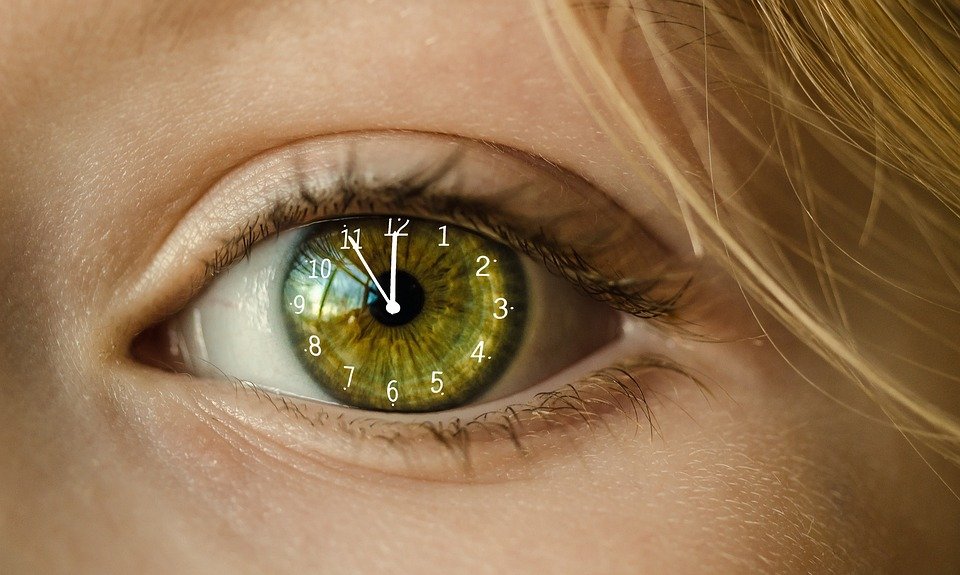From Quantum Mechanics to Consciousness: Navigating the Foundations of Reality
Introduction
Quantum mechanics and consciousness are two fascinating and complex subjects that have captivated the minds of scientists, philosophers, and even the general public. While quantum mechanics deals with the fundamental properties and behavior of matter and energy at the smallest scales, consciousness is the subjective experience of being aware of oneself and the surrounding world. Exploring the relationship between these two fields can shed light on the nature of reality itself.
The Basics of Quantum Mechanics
Quantum mechanics is a branch of physics that provides a mathematical framework to describe the behavior of particles at the quantum level. It introduces concepts such as wave-particle duality, superposition, and entanglement. These principles challenge our classical intuitions about the nature of reality, as particles can exist in multiple states simultaneously and can be connected in ways that defy our everyday understanding.
At the heart of quantum mechanics lies the famous Schrödinger’s cat thought experiment, which illustrates the concept of superposition. According to this experiment, a cat inside a sealed box could be simultaneously dead and alive until it is observed. This apparent contradiction raises questions about the role of consciousness in collapsing the wave function and determining the outcome of quantum events.
Consciousness and the Measurement Problem
The measurement problem in quantum mechanics refers to the challenge of understanding how and why the act of observation collapses the superposition of states into a definite outcome. This problem has sparked debates about the role of consciousness in determining reality. Some argue that consciousness is an essential component of the collapse process, suggesting a deep connection between quantum mechanics and subjective experience.
However, others propose that consciousness is not a necessary factor and that the wave function collapses due to interactions with the environment or other physical processes. This interpretation, known as the Copenhagen interpretation, focuses on the role of measurement rather than consciousness.
Quantum Consciousness Theories
Quantum consciousness theories attempt to bridge the gap between quantum mechanics and consciousness. They propose that consciousness arises from quantum processes occurring within the brain. One popular theory suggests that microtubules, small structures within neurons, exhibit quantum behavior that contributes to the emergence of consciousness.
However, these theories remain highly speculative and lack empirical evidence. The nature of consciousness itself remains a deeply philosophical and scientific mystery that continues to be explored by researchers across various disciplines.
Frequently Asked Questions (FAQs)
Q: Can quantum mechanics explain consciousness?
A: While quantum mechanics provides an intriguing framework for understanding the fundamental nature of reality, it has not yet provided a definitive explanation for consciousness. The relationship between quantum mechanics and consciousness is still a subject of intense debate and exploration.
Q: Do all scientists agree on the role of consciousness in quantum mechanics?
A: No, scientists have different interpretations and theories regarding the role of consciousness in quantum mechanics. Some argue that consciousness is essential, while others propose that it plays no significant role. The topic remains open for investigation and discussion.
Q: Are there any experiments supporting the connection between quantum mechanics and consciousness?
A: While there have been studies exploring the potential links between quantum mechanics and consciousness, there is currently no widely accepted experimental evidence supporting a direct connection between the two. The field of quantum consciousness is still in its early stages and requires further research.
Q: How does the measurement problem relate to consciousness?
A: The measurement problem in quantum mechanics relates to the collapse of superposition when a measurement is made. Some argue that consciousness is necessary for this collapse, while others propose that external factors, such as the environment, are responsible. The exact relationship between the measurement problem and consciousness is a topic of ongoing investigation.
Q: Are there any practical applications of studying the relationship between quantum mechanics and consciousness?
A: While the immediate practical applications may not be evident, exploring the connection between quantum mechanics and consciousness can deepen our understanding of the fundamental nature of reality. It may also have implications for fields such as artificial intelligence, neuroscience, and philosophy.
Conclusion
The exploration of the relationship between quantum mechanics and consciousness is a captivating journey into the depths of reality. While many questions remain unanswered, the interdisciplinary efforts of scientists, philosophers, and researchers continue to shed light on these profound subjects. Whether or not quantum mechanics provides a complete explanation for consciousness, the quest to understand the foundations of reality remains a fascinating and ongoing endeavor.

